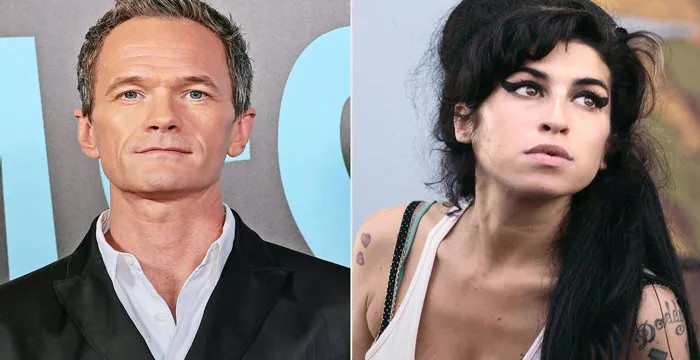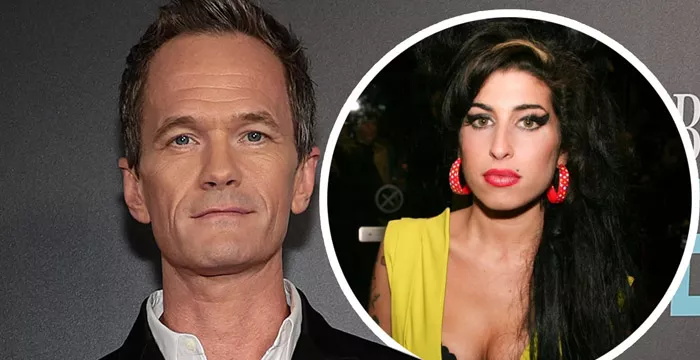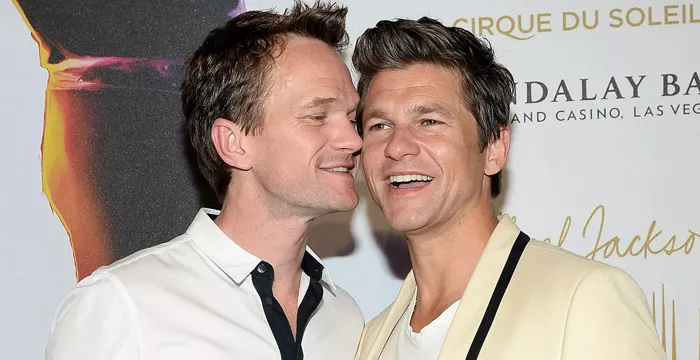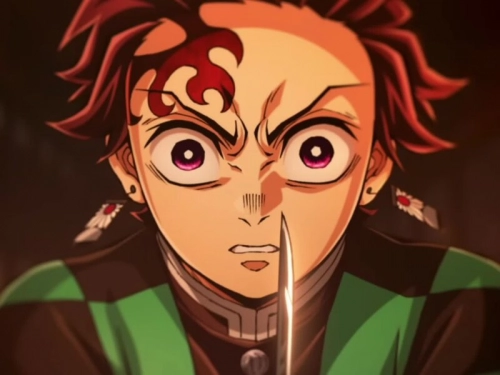
In the age of social media and heightened cultural awareness, past actions, especially those involving public figures, are often reexamined through a more critical lens. One such incident involves acclaimed actor Neil Patrick Harris and a Halloween display referencing the late singer Amy Winehouse. Though the event occurred in 2011, it resurfaced in 2022 with renewed scrutiny and prompted a formal apology from Harris. The controversy serves as a stark reminder of how society treats public figures, especially those battling addiction and mental health issues.

The Incident: What Happened in 2011?
In October 2011, mere months after Amy Winehouse’s tragic death from alcohol poisoning at the age of 27, Neil Patrick Harris and his husband, David Burtka, hosted a private Halloween party. Among the themed decorations was a buffet platter styled to resemble the corpse of Amy Winehouse. The display included a macabre fake body with a cigarette in its mouth and a label reading “The Corpse of Amy Winehouse.” A menu card listed meat items like pulled pork and beef ribs, all styled around the disturbing visual.
Though the photo was taken and shared by a guest at the time, it received little public attention until over a decade later.
Resurfacing of the Image and Renewed Outrage
In May 2022, the image began recirculating online and quickly gained traction across social media platforms. The public reaction was swift and overwhelmingly negative. Many users expressed disbelief and sorrow that such a display had been created, let alone so soon after Winehouse’s death.
For many, it wasn’t just a tasteless Halloween joke; it was emblematic of a broader pattern of how celebrities, particularly women with mental health or addiction struggles, are dehumanized for entertainment.
The timing also amplified the criticism. Amy Winehouse was not just another pop star; she was a deeply gifted artist whose vulnerabilities were often exploited by the media during her life, and, as the backlash suggested, even in death.

Public Sentiment: Not Just Offensive, But Dehumanizing
The outrage went beyond typical internet backlash. Mental health advocates, fans, and cultural commentators condemned the display as a cruel mockery of someone who had already been mistreated by tabloid culture during her lifetime.
- “Amy deserved empathy, not ridicule,” one user wrote.
- “It’s not dark humour, it’s dehumanization.”
Critics also pointed out that the joke reinforced harmful narratives about addiction and normalized a lack of compassion toward those suffering from it.
Neil Patrick Harris Issues a Public Apology
On May 16, 2022, Neil Patrick Harris publicly addressed the controversy with an official statement:
“A photo recently resurfaced from a Halloween-themed party my husband and I hosted 11 years ago. It was regrettable then, and it remains regrettable now. Amy Winehouse was a once-in-a-generation talent, and I’m sorry for any hurt this image caused.”
While the apology was generally acknowledged by the public, some felt that it came far too late, given the event’s original context and the time that had passed since Winehouse’s death.
Learning From the Past
The Neil Patrick Harris and Amy Winehouse controversy reminds us that humour, when directed at real-life tragedy, has consequences. It also reflects a shift in how society engages with issues of addiction, loss, and public memory.
As Amy Winehouse’s legacy continues to be honored through exhibitions, biopics, and musical tributes, incidents like this highlight the importance of approaching her story—and the stories of others like her—with care, empathy, and respect.





Comments